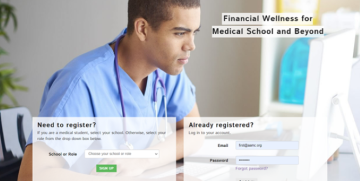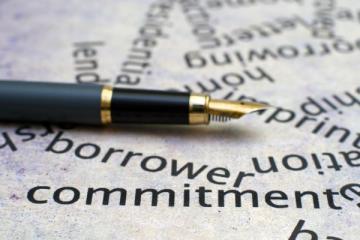Guard Your Social Security Number
- Do not carry your card with you; keep it in a secure location.
- Do not use your number on your driver's license or on your personal checks.
- Take advantage of alternative identification codes to log into online personal information.
- Do not provide your Social Security number to callers if you did not initiate the call.
- Shred paperwork that contains your personal information. (This includes credit card receipts, bank and billing statements, and your regular mail.)
Check Your Credit Report
Take advantage of the federal Fair Credit Reporting Act that requires each of the three nationwide credit bureaus to provide you with a free report upon your request. Check your credit report for debts that are not yours, accounts you did not open, and other erroneous information. Get your free credit report at www.annualcreditreport.com.
Monitor Your Other Accounts
Regularly review your bank accounts and credit card statements. Make sure that all information is accurate. If you find incorrect information, be sure to correct all errors.
Know when your bills are due. If you normally receive a billing statement each month and suddenly don’t receive one, that could be a sign of a problem.
It’s also important to monitor all health insurance claims that you submit. Make sure that submitted claims are for care you received, and that the amount of each claim is correct.
The Federal Trade Commission provides detailed guidance on how to correct errors on your credit report, what you should do if your identification is stolen, and how to defend against identity theft.
Stay Safe On and Offline
- Install and update firewalls, anti-virus, and anti-spyware.
- Recognize and use secure websites.
- Avoid accessing personal accounts or sharing personal information on public computers, unsecured Wi-Fi connections, and networking sites.
- Be careful of emails and attachments from imitators and people you do not know.
- Use strong passwords; integrate numbers and symbols into your password; create passwords that are at least eight characters long.
Signs of Identity Theft
The Federal Trade Commission advises that you be alert for the following signs of identity theft:
- Finding accounts in your name that you did not open.
- Inaccurate information on your credit reports.
- Not receiving bills that you should receive.
- Receiving credit cards that you did not apply for.
- Being denied credit or being contacted by debt collectors for no apparent reason.
Did You Know?
You can obtain more information about identity theft through the AAMC’s Financial Wellness program.

